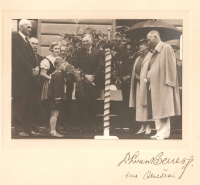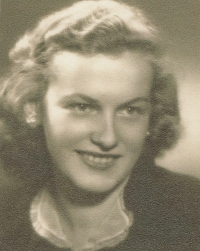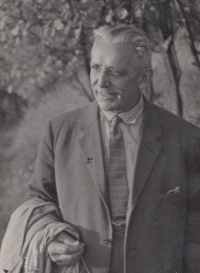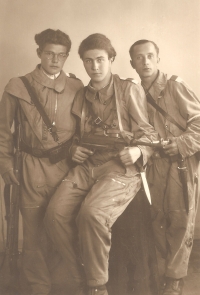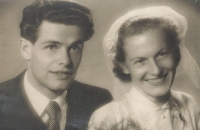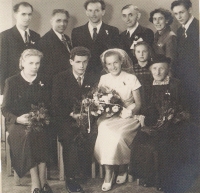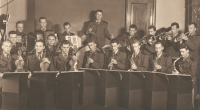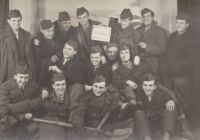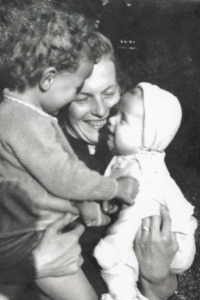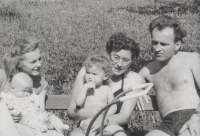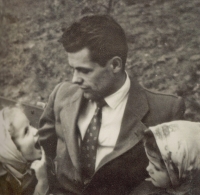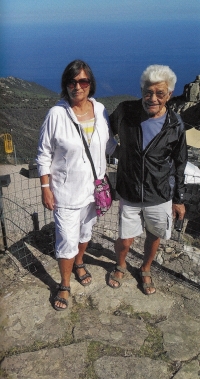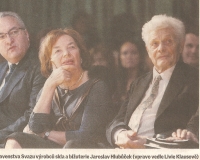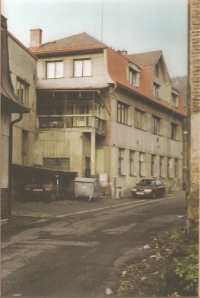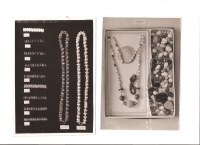His father‘s glass factory was taken away by the Czechoslovak Communist Party, his son had to drudge in a quarry with jaundice

Stáhnout obrázek
Jaroslav Hlubůček was born on 10 February 1929 in Železný Brod as the third of four children. His family was in glass and fashion jewellery business, which was experiencing great growth in the region. He was involved in the production from a young age and apart from that he also attended Sokol. In 1936, he welcomed Edvard Beneš in Železný Brod. During the Second World War he was appointed to forced labour and did not finish his grammar school studies. His father helped partisans and was later arrested by the Gestapo, but he got off thanks to good relations with Jablonec merchants. At the end of the war Jaroslav Hlubůček, as a member of the Revolutionary Guards, experienced the liberation and also looting in Jablonec. In 1948, the communists nationalized the family business and removed his parents from management positions. He graduated from a business academy, but due to the poor cadre profile, instead of going to university he joined the Auxiliary Engineering Corps (PTP). During his military service he got married. He and his wife Dana raised two daughters. When he was able to leave for civilian life, he worked first as a manager of the Ještěd department store, then he returned to the family business as a dispatcher. Gradually, thanks to his skills, he worked his way up to management positions, but during the normalisation period he was repeatedly asked to join the Communist Party of Czechoslovakia. He always refused it, but remained in a managerial position anyway. After 1989 he founded his own company for the production of soft-soldered fashion jewellery in Jablonec. Twenty years later, after the collapse of the export company Jablonex, he contributed to preservation of the tradition of glass and jewellery making in Jablonec. He subsequently served as chairman of the Association of Glass and Costume Jewellery Manufacturers. His wife succumbed to cancer in 2010. Jaroslav Hlubůček remarried seven years later. In 2022 he was living in Jablonec nad Nisou.
